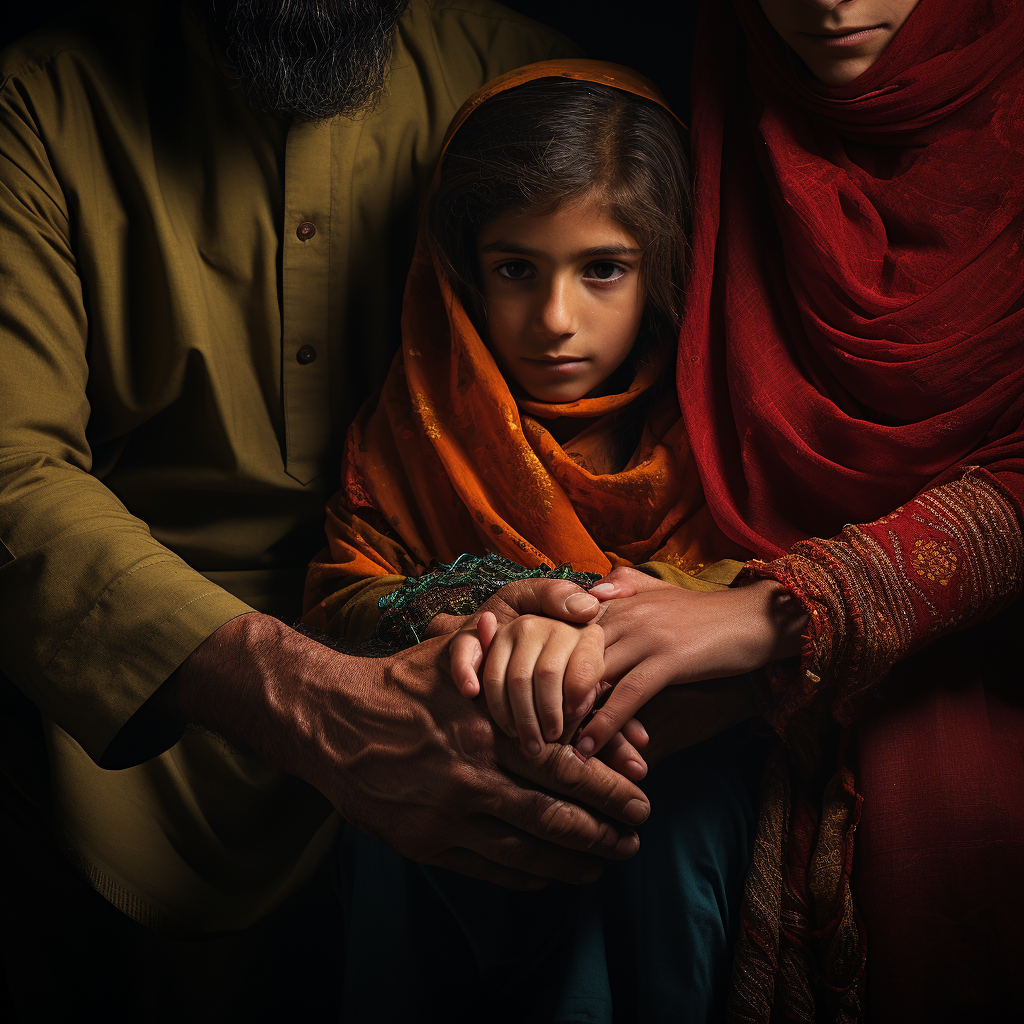In the realm of psychology, Attachment Theory holds a significant place. Proposed by British psychiatrist John Bowlby, this theory suggests that our earliest relationships with our caregivers can determine how we relate to others for the rest of our lives. These early experiences can shape our behaviors, reactions, and relationships, influencing our personal growth and development.
In Pakistan, our cultural norms and family structures play a significant role in these early relationships. Unlike Western societies, where nuclear families are more common, Pakistani culture often embraces extended family systems. In these settings, children form attachments not just with their parents, but also with grandparents, aunts, uncles, and older siblings. This can lead to a complex web of attachment styles, each influencing the child’s development in unique ways.
A child with a secure attachment style, often resulting from a caregiver who is consistently available and responsive to their needs, tends to grow into an adult who trusts easily and maintains healthy relationships. They feel secure in their connections and are comfortable with both intimacy and independence.
On the other hand, children who experience inconsistent or unresponsive caregiving may develop insecure attachment styles. They might struggle with trust issues, fear of rejection, or a constant need for reassurance in their adult relationships. Insecure attachment styles can manifest in various ways, such as anxious attachment, where individuals fear abandonment and tend to be overly dependent on their partners, or avoidant attachment, where individuals struggle to form close, intimate relationships.
In Pakistan, societal pressures and economic challenges can sometimes hinder consistent and responsive caregiving. Long working hours, financial stress, and societal expectations can strain the caregiver-child relationship, leading to insecure attachments. It’s crucial for us to understand these dynamics, to break the cycle and provide better support for our children.
By understanding our own attachment styles, we can better comprehend our behaviors and reactions. It can shed light on why we act the way we do in our relationships, helping us to address our insecurities and fears. And for those of us who are parents, we can strive to foster secure attachments with our children, setting them up for healthier relationships in the future.
Remember, it’s never too late to learn, grow, and change. Our past may shape us, but it doesn’t have to define us. By understanding the power of attachment, we can take control of our personal growth and development, fostering healthier relationships and a more secure sense of self.
